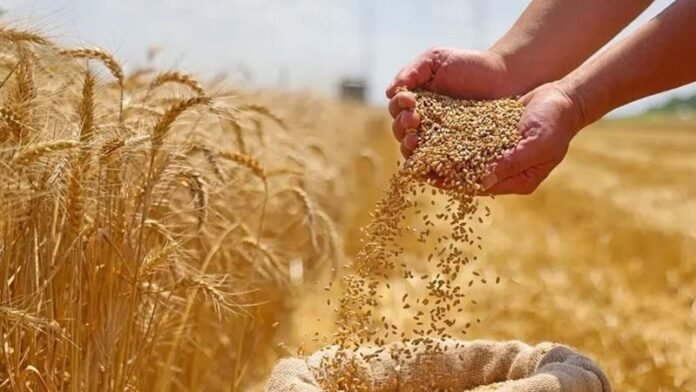As Erbil Silo wheat intake continues, the facility has already received 91,000 tons from local farmers this season. This amount accounts for the majority of Erbil’s current quota of 122,000 tons, which is a sharp drop from last year’s 225,000-ton limit.
Miran Bakhtyar, Director of the Erbil Silo, confirmed that wheat deliveries began on June 15. Farmers across Erbil province have brought in steady shipments. With just 31,000 tons left to meet the target, the intake process remains active.
This year, the quota reflects a broader national policy shift. The Iraqi Ministry of Trade reduced overall wheat procurement for the Kurdistan Region. The new cap sits at 400,000 tons—down from 700,000 tons in 2023. That decision has affected farmers across the region.
Despite lower rainfall, Erbil Silo wheat intake features strong grain quality. Bakhtyar emphasized that most of the wheat received so far has scored in the grade-one category. Laboratory testing determines the final classification, which directly influences the purchase price.
Top-grade wheat earns 850,000 Iraqi dinars per ton. Farmers receive this amount without deductions if their wheat passes the quality test. Bakhtyar stated that the percentage of high-quality wheat this season has exceeded expectations.
Meanwhile, the government has expanded procurement beyond Erbil city. In coordination with the Iraqi Ministry of Trade, teams began receiving wheat in Gwer and Debaga. Those areas will deliver approximately 27,000 tons using more than 1,190 truckloads.
Bakhtyar stressed the importance of collecting every load from those locations. He noted that all 27,000 tons must be received to complete the region’s revised procurement strategy. Officials remain determined to fulfill these commitments, despite reduced support.
Storage presents a major challenge. The Erbil Silo still holds 97,000 tons from last year. This leftover stock limits available space for new deliveries. Because of this, the Qushtapa silo—normally a key backup site—could not participate in this year’s intake. Its capacity was already full.
All new wheat shipments must now go through the main Erbil facility. Bakhtyar acknowledged the logistical pressure this places on the operation. However, he expressed confidence that the silo will manage the remaining 31,000 tons.
Although the quota shrank and rain levels dropped, Erbil Silo wheat intake continues to exceed expectations. Farmers across the province have responded with steady deliveries and consistent grain quality. The current campaign reflects the resilience of the agricultural sector despite challenging circumstances.

